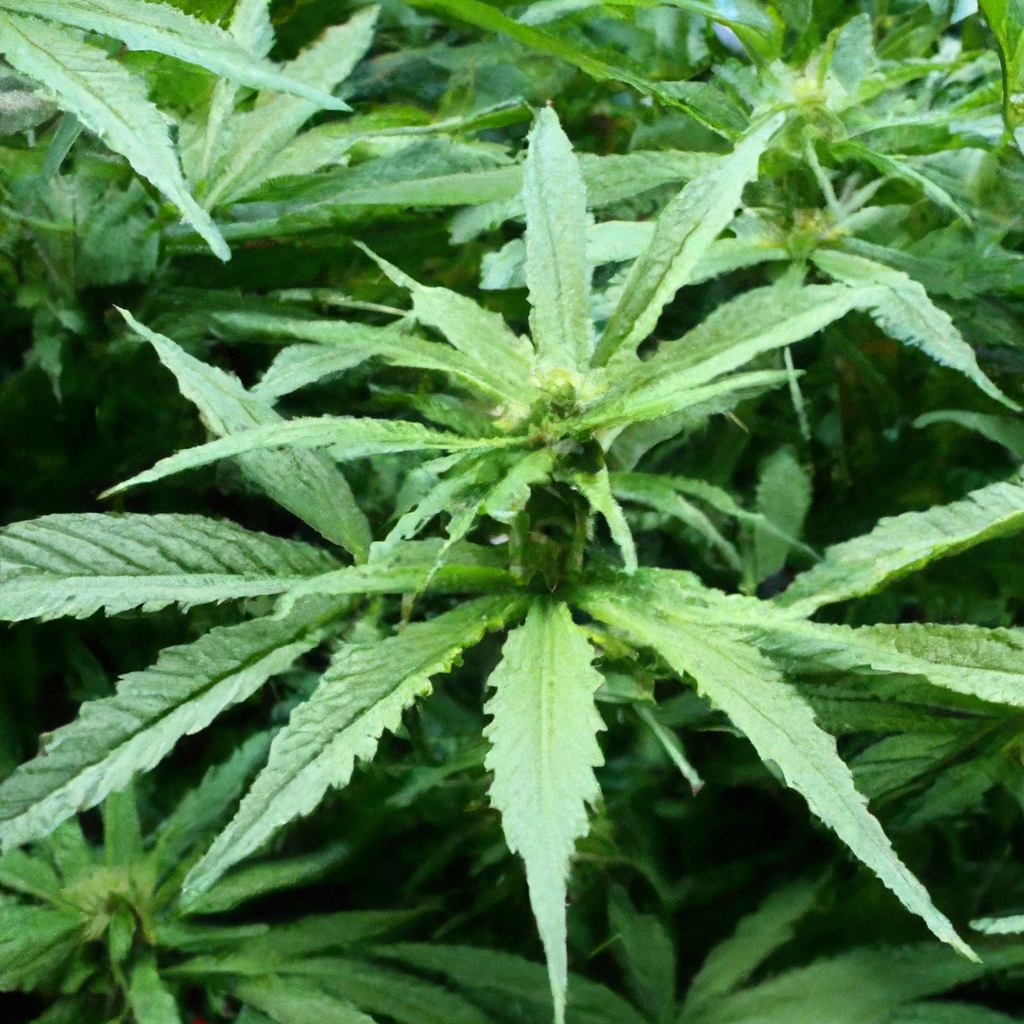Your cart is currently empty!
Organic cannabis cultivation isn’t just a buzzword; it’s a sustainable approach that benefits both the environment and consumers. As more enthusiasts turn to natural methods, understanding the best practices for organic growing becomes essential. From utilizing natural fertilizers to promoting biodiversity, let’s dive into the eco-friendly techniques that lead to a bountiful and healthy cannabis crop.
Building Healthy Soil Ecosystems
A thriving soil ecosystem is pivotal for organic cannabis cultivation. Unlike synthetic soil amendments, organic soil focuses on enriching the natural microbial life that supports plant health.
- Compost: Incorporate homemade or well-sourced compost into your soil mix. This adds essential nutrients and fosters beneficial microorganisms.
- Cover Crops: Use cover crops like clover and alfalfa to naturally fix nitrogen and improve soil structure.
- Mulching: Apply mulch to retain soil moisture, suppress weeds, and contribute organic matter back into the soil as it decomposes.
Natural Fertilizers: Powering Growth Sustainably
Steering clear of synthetic fertilizers not only improves soil health but also reduces environmental pollution. Here are some top choices for natural fertilizing:
- Bone Meal: Rich in phosphorus, it’s great for root development and flower production.
- Fish Emulsion: A nitrogen-rich source, ideal for early growth stages.
- Worm Castings: Enhances micro-organisms in the soil, improves texture, and increases aeration.
Eco-Friendly Pest Control
Synthetic pesticides can be harmful to the environment and consumer health. Instead, consider these natural pest control methods to keep your cannabis plants safe:
- Beneficial Insects: Introduce ladybugs and predatory mites to control aphids and spider mites without chemicals.
- Neem Oil: A universal organic pesticide that protects against a variety of pests and diseases.
- Companion Planting: Position aromatic plants like basil and marigold around your cannabis to naturally deter pests.
Embracing Sustainable Practices
Promoting sustainability goes beyond the immediate cultivation process. It’s about designing a system that conserves resources:
- Water Conservation: Implement drip irrigation systems to reduce water usage.
- Energy Efficiency: Use LED grow lights to lower energy consumption without compromising light quality.
- Sustainable Packaging: Plan for eco-friendly options if you’re processing and selling your produce.
Conclusion
Organic cannabis cultivation offers a myriad of benefits, from healthier plants to a reduced environmental footprint. By focusing on natural fertilizers, cultivating healthy soil ecosystems, and opting for eco-friendly pest control, growers can achieve superb results that resonate with eco-conscious consumers. Whether you’re a seasoned cultivator or a curious newcomer, adopting these practices will lead to a more sustainable and fruitful growing journey.
Always remember, embracing organic methods today fosters a greener earth for tomorrow.
Discover more from Magic Clones
Subscribe to get the latest posts sent to your email.


Leave a Reply